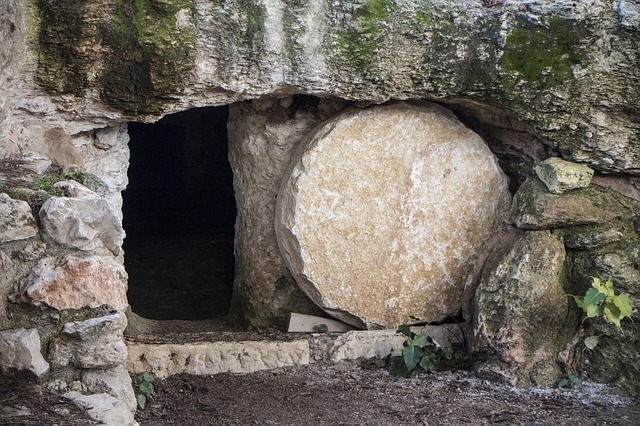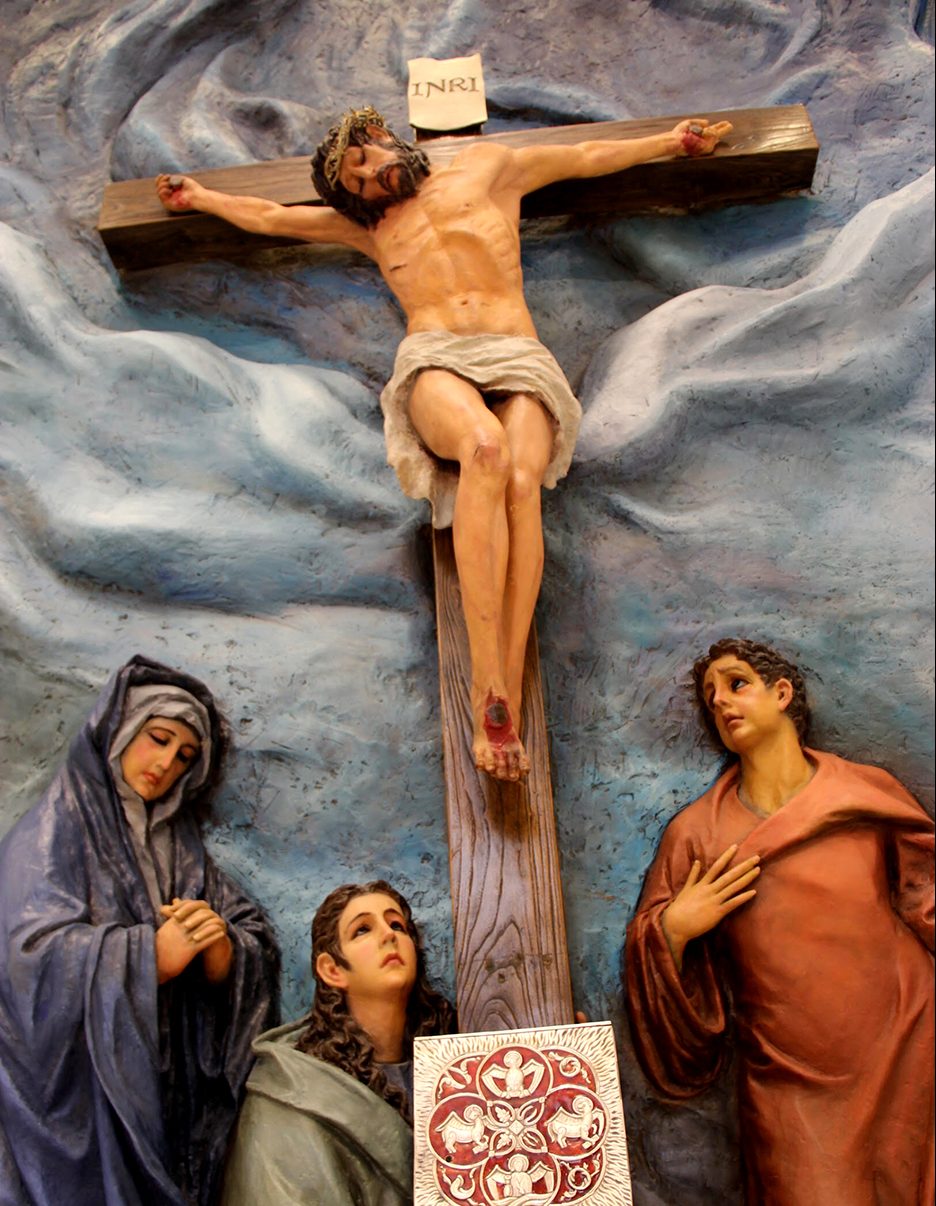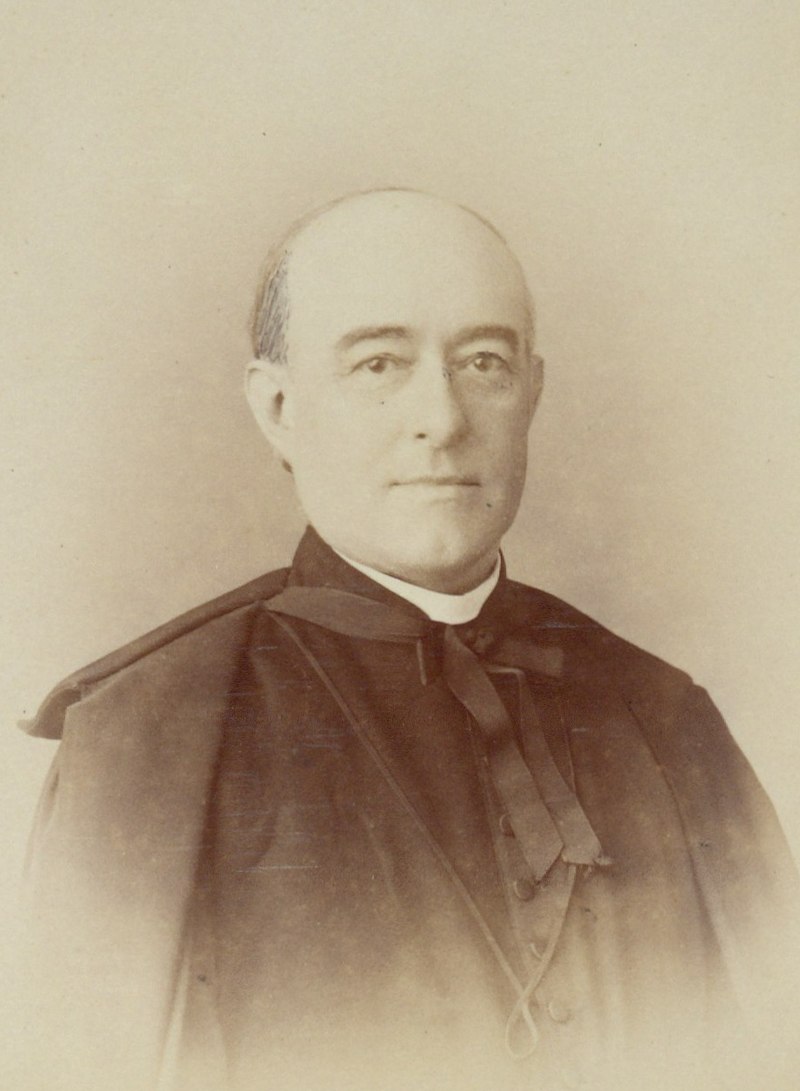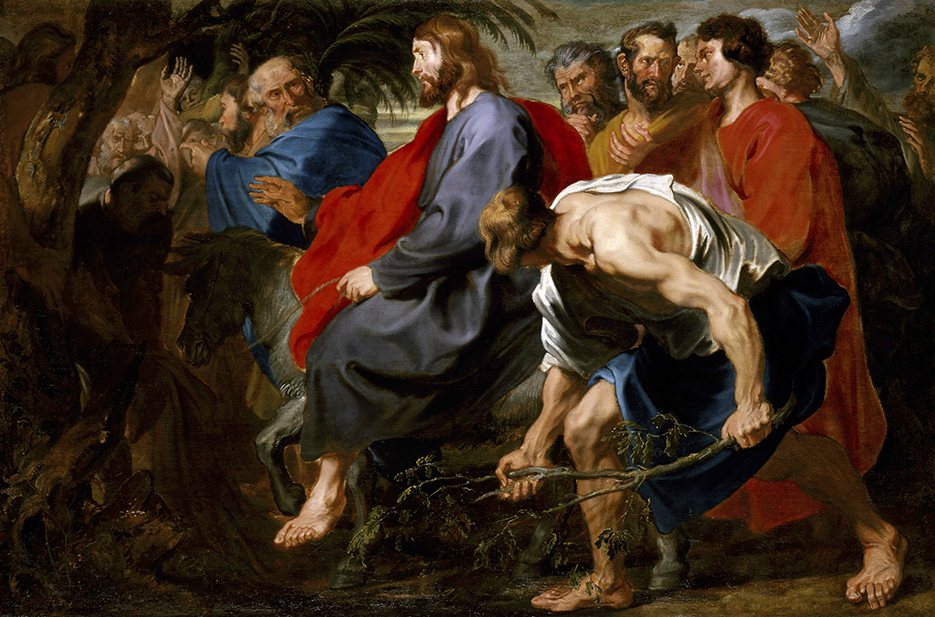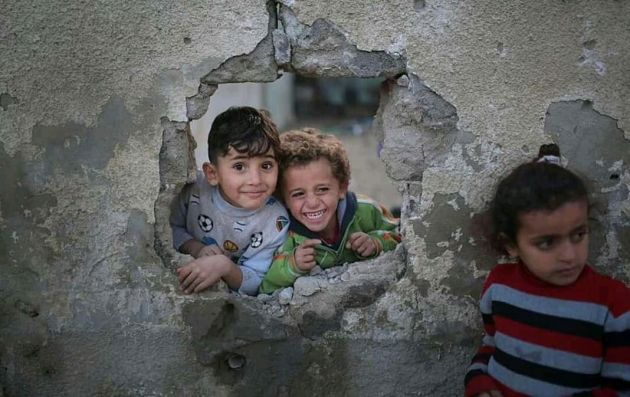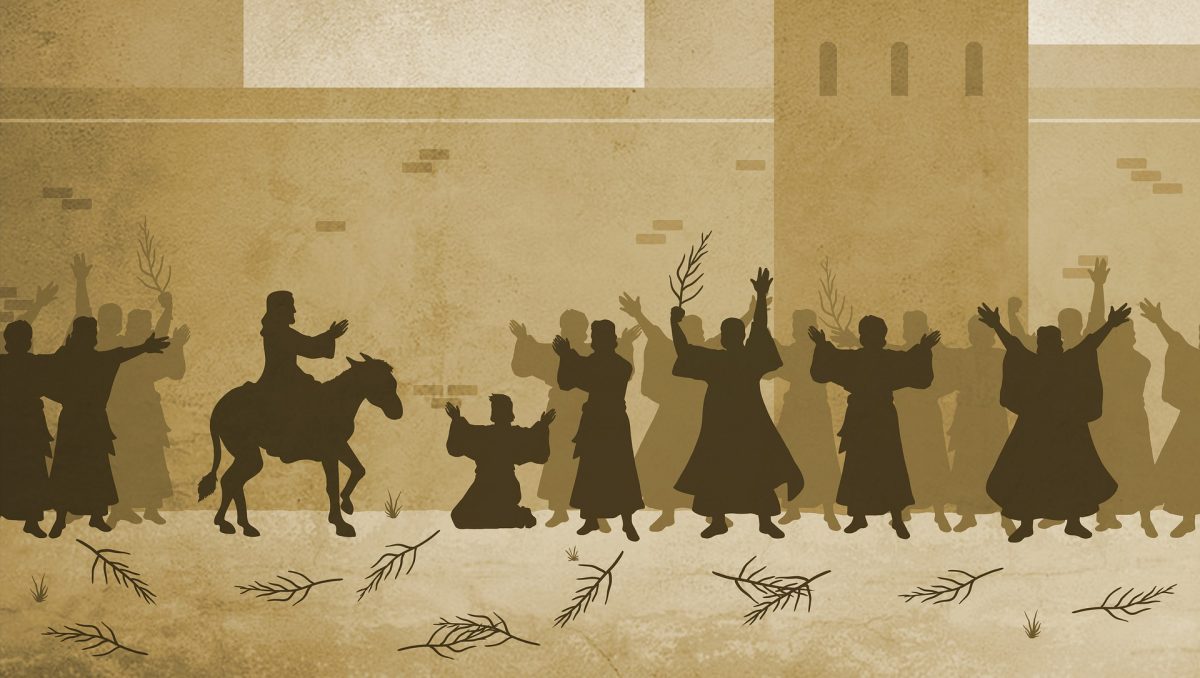Catholics can fully live the Paschal mystery by embracing Christ’s suffering with conviction. To live the spirit of Easter season to its fullest is to walk together as humanity and to recognize the suffering of others, accepting that true joy is only found in the Risen Christ.


 Follow
Follow
